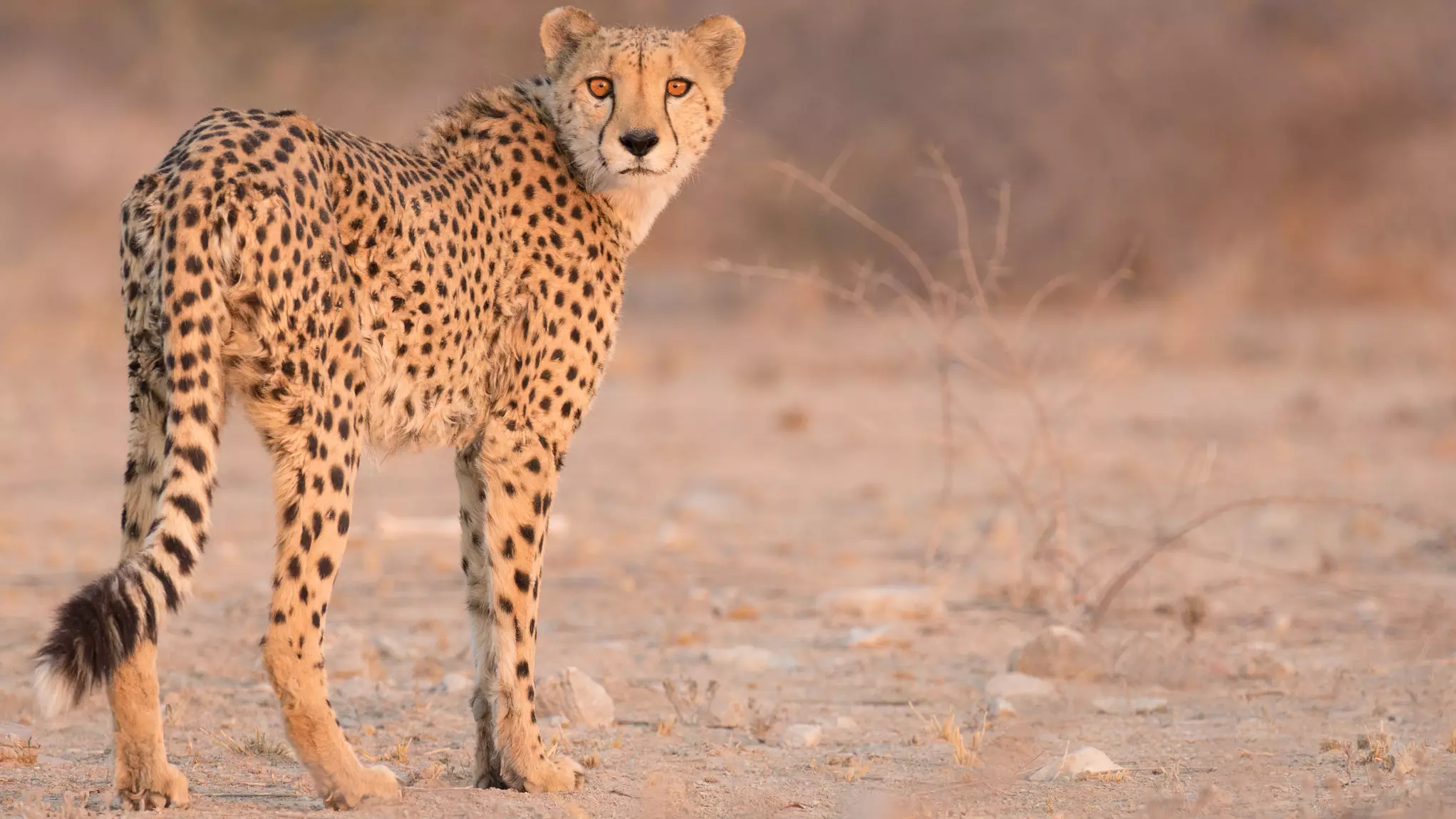
It has been reported that Cheetahs are at risk of becoming extinct in eastern Africa as a high percentage of their cubs are being trafficked out of the region and sold to wealthy owners in the Arabian Peninsula.
Three quarters of wild cheetah cubs, which amounts to about 300, born in the Horn of Africa are taken from the territory each year and sold to smugglers.
And now Dr Laurie Marker, of Cheetah Conservation Fund (CCF), said that if the trade continues, the cats will die out within the next two years.

Speaking to MailOnline, the researcher explained that most of the cubs are either taken by local farmers trying to exterminate them or poachers, who sell them to smugglers.
She said: "If you do the math, the math kind of shows that it's only going to be a matter of a couple of years [before] we are not going to have any cheetahs."
According to Dr Marker, 75 per cent of the cubs taken from the wild will die in transit - either from malnutrition or because of broken bones suffered when they are packed into tiny crates to be shipped abroad.
The researcher explained that those who survive the journey are sold as pets, with prices often exceeding $6,000 (£4,800) per cheetah, to wealth buyers - many of whom are based in the UAE or Saudi Arabia.

Sadly, many of cubs die within two years because their new owners, who flaunt the animals on social media as a "status symbol", not knowing how to properly care for them.
Research conducted by CCF last year found 1,367 cheetahs for sale on social media platforms between January 2012 and June 2018, largely from Arab Gulf states.
Dr Marker added: "They don't love these animals. They've found that having these pets is a status symbol. When one dies they simply go back to the wild and get another."
In the wake of the study, Dr Marker is now calling for greater education in both Africa and the Middle East about the impact of cheetah smuggling and pleading with leaders in both regions to take a stand against the trade.
Explaining the consequences of poachers' actions, the researcher said that most cubs are taken from their mothers between three and ten weeks old and in turn never develop the instincts they need to survive in the wild.
"Cheetahs are such a special animal, you end up with these tiny cubs that have been pulled from their mothers and are very sickly," she added. "A lot of them die and that's heartbreaking, it's horrible, devastating when that occurs. Wild animals should be left to live in the wild."
Featured Image Credit: Wikimedia